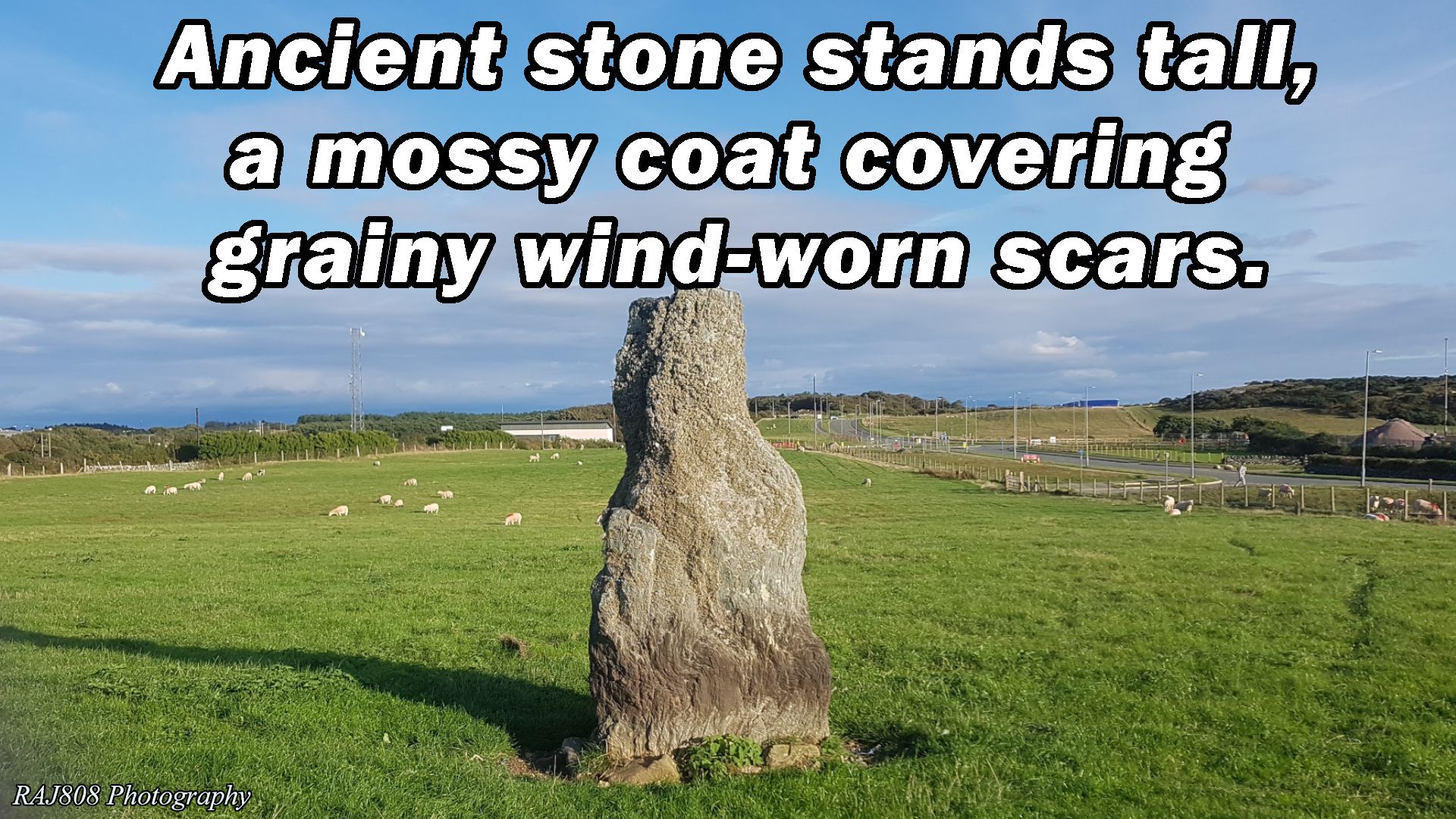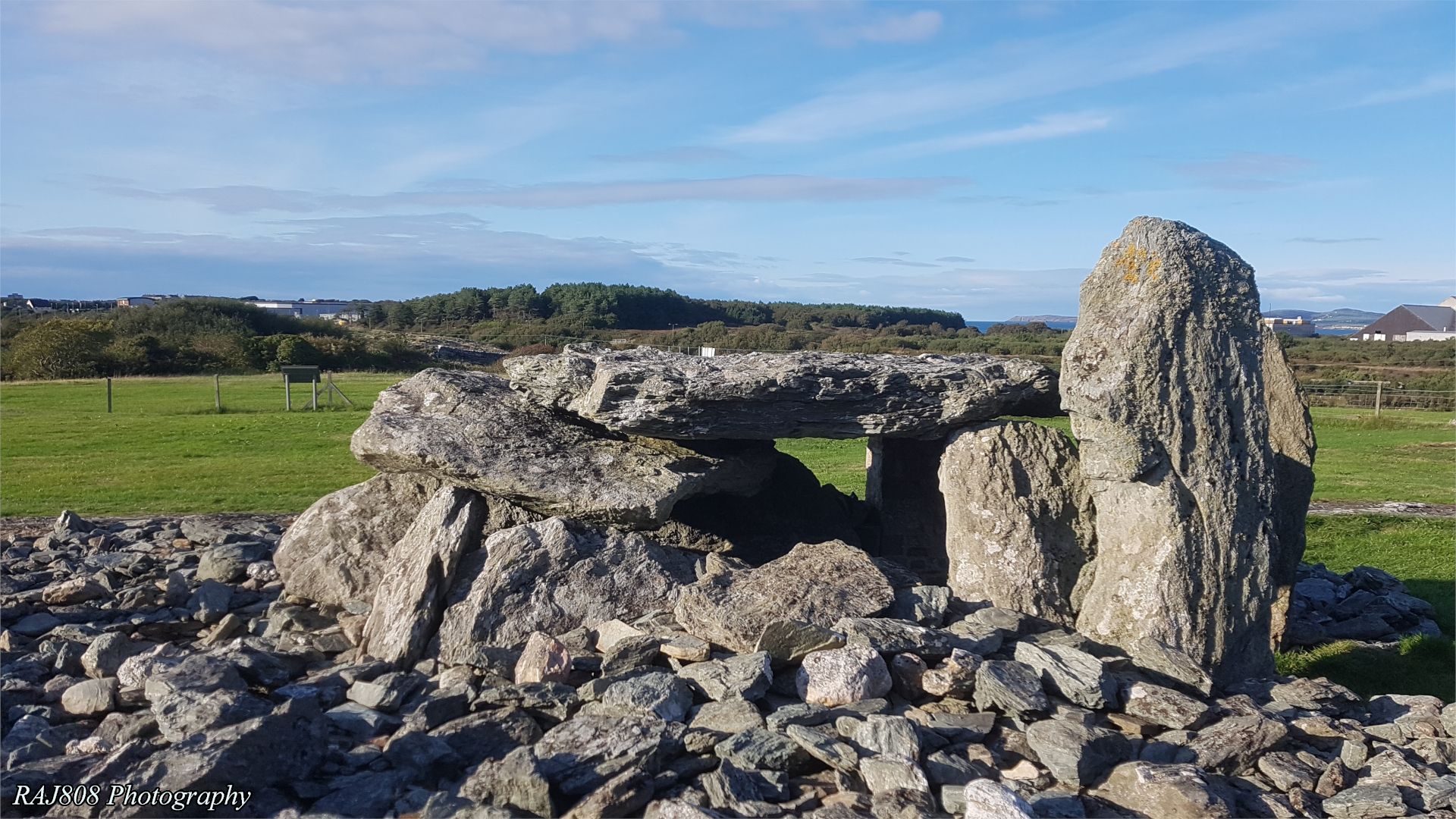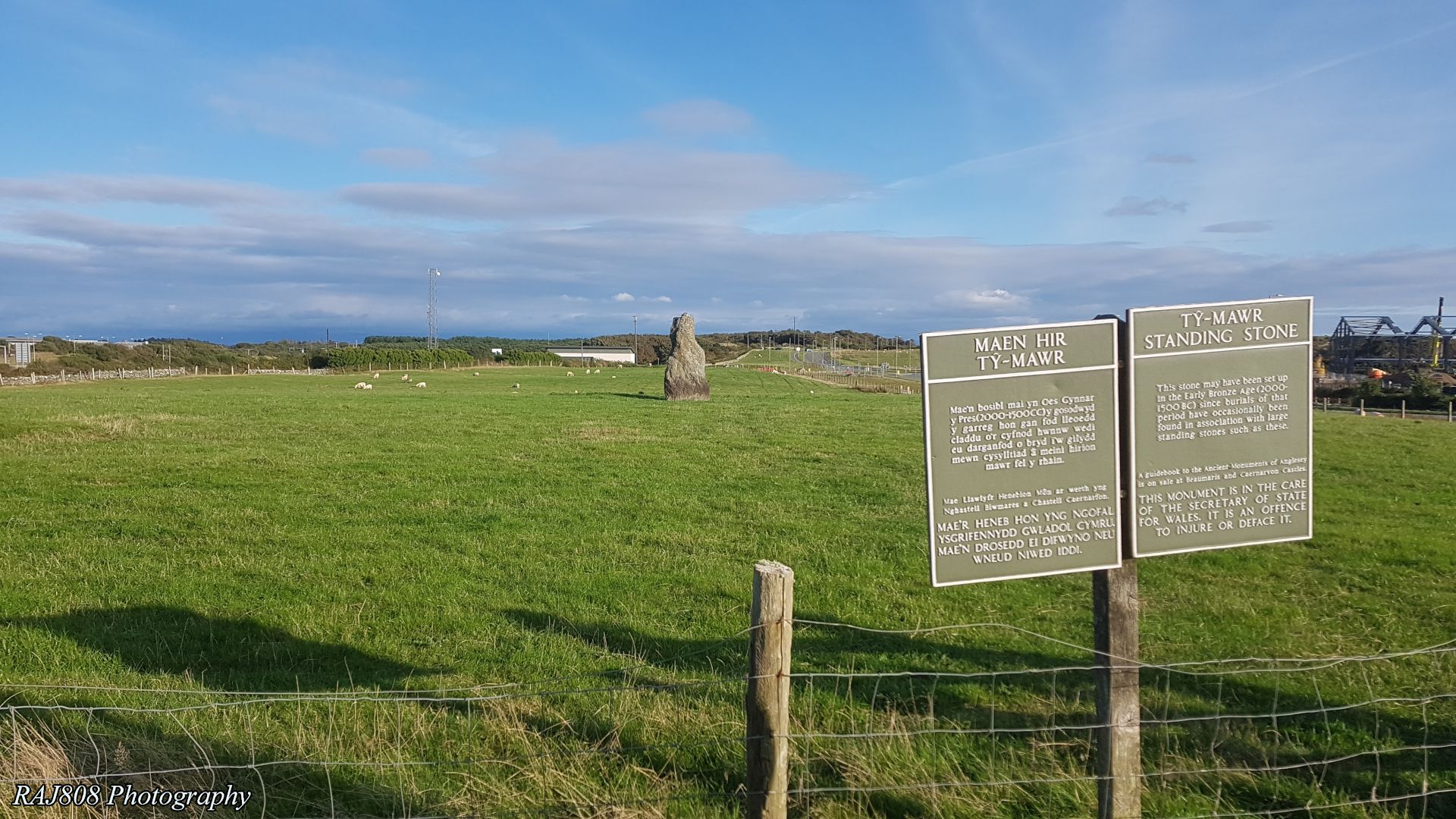
a mossy coat covering
grainy wind-worn scars.

Haiku embrace the beauty and mystery of the world by focusing on capturing a single moment or observation in a way that leaves room for interpretation. The way Haiku capture a single crystalline moment allows us to pause, reflect, and connect with the present moment.
Much like meditation, the clarity provided by writing and reading Haiku removes us from the maelstrom of busy thought that comes with modern life, distilling it to a single moment. This distillation of thought gives us the clarity to better act and think when necessary.
“Life is all memory, except for the one present moment that goes by you so quickly you hardly catch it going.” ― Tennessee Williams
This post is the forth in a series of poetry blogs that will explore the positive effects of haiku on mental health by helping to find stillness through mindfulness.

The effects of the passage of time are so often a construct of thought that we build as part of the story we tell ourselves about past regrets or future goals. In writing this haiku and focusing on something as apparently timeless as an ancient standing stone, I found a stillness in the contemplation of time as a theme.
The stone may seem timeless from our perspective, as the average human lifespan is like a raindrop hitting the surface of a pond, but the stone is impermanent, just like us, but on a different scale.

This reflection on the nature of time as subjective to the observer helped me to snap out of the identification with my thoughts of past and future, and focus on the eternal moment that is now.
Although for many it may be impractical to stay in this state all of your waking life, this is the state of mind where creativity is nurtured and can seed ideas that grow to become meaningful practical achievements.
However, the most important result of this type of mindfulness exercise is simply to make space for mental healing that comes when we’re not focusing on the largely self-deprecating thought patterns that come from constantly evaluating past events or future hopes/goals.
What is Haiku?
Haiku is a traditional form of Japanese poetry that dates back to the 17th century. It consists of three lines with a total of 17 syllables, typically arranged in a 5-7-5 pattern. The brevity and simplicity of haiku make it a perfect medium for capturing fleeting moments and expressing profound emotions.
Embrace the Haiku Way: Start jotting down your own haiku, embrace the beauty of the present moment, and witness the transformative power of this ancient poetic form.
Thanks for reading 🙂🌿


